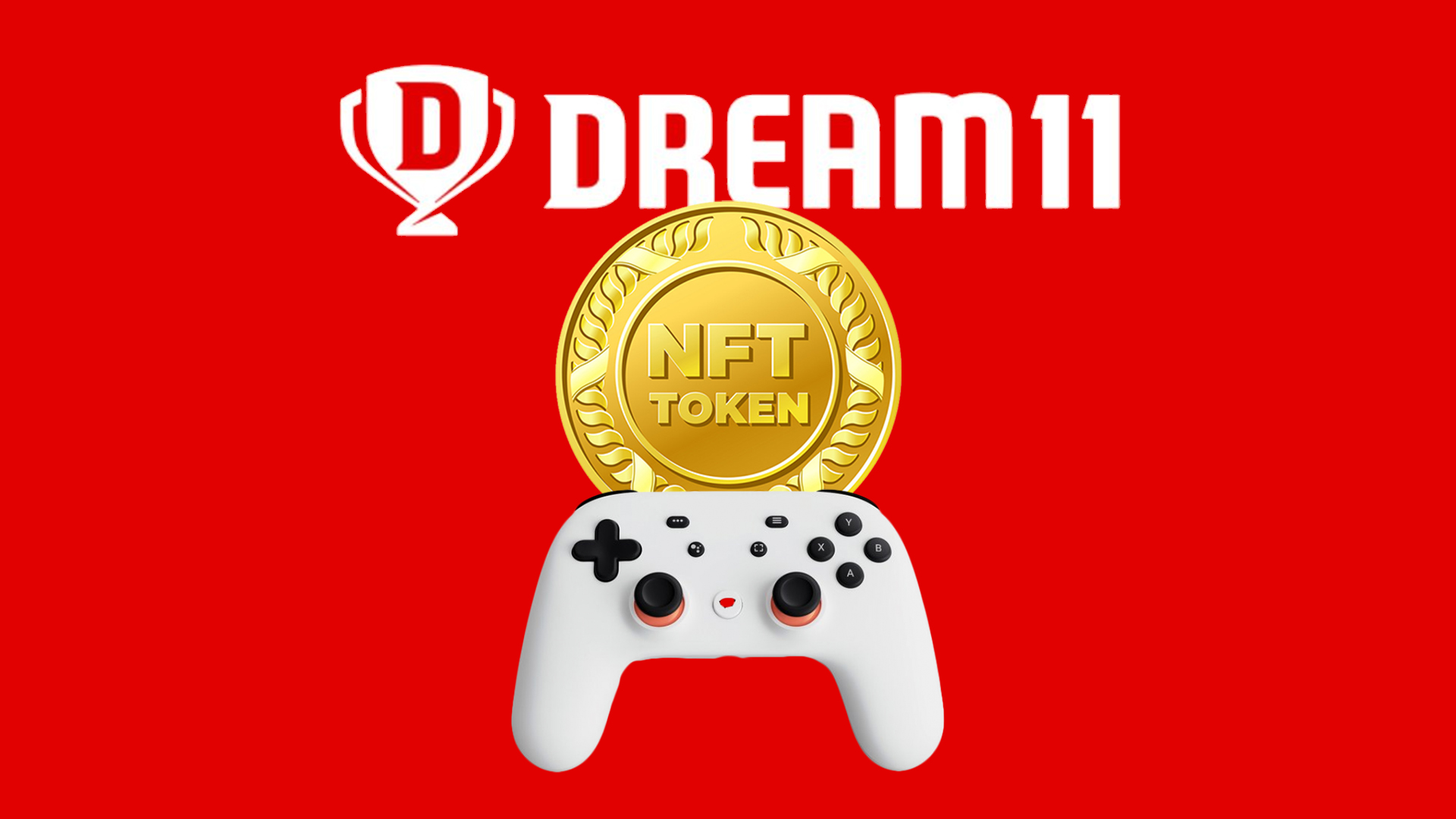Non-fungible tokens (NFTs) may soon find a new market in India, following reports that online gaming companies in India are looking into providing the digital tokens in their games for players to earn or buy.
Dream11 eyes hot commodity NFTs
Recent reports indicated that several local gaming operators—Dream11, Mobile Premier League (MPL), and Nazara Technologies’ subsidiary Nextwave Multimedia—are possibly jumping on the NFT bandwagon given its recent success where online games were able to sell the tokens for a sizable amount of money.
“NFTs are exciting because they fulfil a number of demands,” said P.R. Rajendran, founder and CEO of Nextwave Multimedia, which runs the World Cricket Championship franchise. “For instance, people play WCC for years, some also find it as part of their childhood. Over the period, these users have accumulated a lot of assets and now for it to be used, they share their login and password with other users. NFTs can streamline this along with other use cases.”
NFTs are units of data stored on the blockchain which can’t be replaced with another unit, but can be associated with easily reproduced items like photos, audio, video, and art. The tokens’ prices, however, tend to fluctuate depending on the current perceived value of the market, which leads to the question: does the NFTs space need regulatory oversight like the online gaming industry does?
Currently, the India gaming industry operates in a relatively grey regulatory landscape. To play blackjack online isn’t illegal because there is no legislation that bars online gambling operations in the country. And this an opportune moment as the local gaming market has seen a dramatic rise in the number of players with more consumers going digital for their favorite casual entertainment.
Gaming growth driven by rise in mobile device use: ENV Media
A recent deep dive by ENV Media on India’s richest cities and its large online gambling communities showed that “the natural growth of India’s online gambling market is attributed mostly to better internet penetration and rise in mobile device usage,” along with the wide availability of modern transaction methods like e-wallets and vouchers that enable safe deposits and withdrawals and the sites’ diversified monetization structures the complement the growing number of localized content.
The Indian casino industry continues its steady growth, with user penetration expected to hit 16.1 percent out of the total population by 2025, up from the current 12.6 percent, according to the report.
And with the entry of NFTs, ENV Media experts expect the digital tokens to take hold in Indian cities that rate well in online gambling—Mumbai, Delhi, Kolkata, Chennai, Bangalore, Maharashtra, and Hyderabad, among others.
In terms of traffic generation, Maharashtra has 17.4% market share, followed by Telangana (9.9%), West Bengal and Karnataka (9.3%), while Uttar Pradesh, Tamil Nadu, and Delhi have around 8% of the share. According to the report, “India’s gambling population is rather diverse in economic and demographic terms, with complex behaviors, habits and consumption patterns. Mumbai, Delhi, Kolkata, Chennai, Bangalore and Hyderabad lead the way. To a relative extent, Pune, Ahmedabad and Surat also contribute to a better online gambling penetration in India.”
The question now is, can India’s outdated regulatory framework keep up with the changing times? For an emerging market like India, having a uniformed regulatory framework that allows the market to keep up with the rapidly changing technologies gives regulators flexibility to upgrade their regulatory measures for the benefit of not just the players, but also the operators and the government too.



